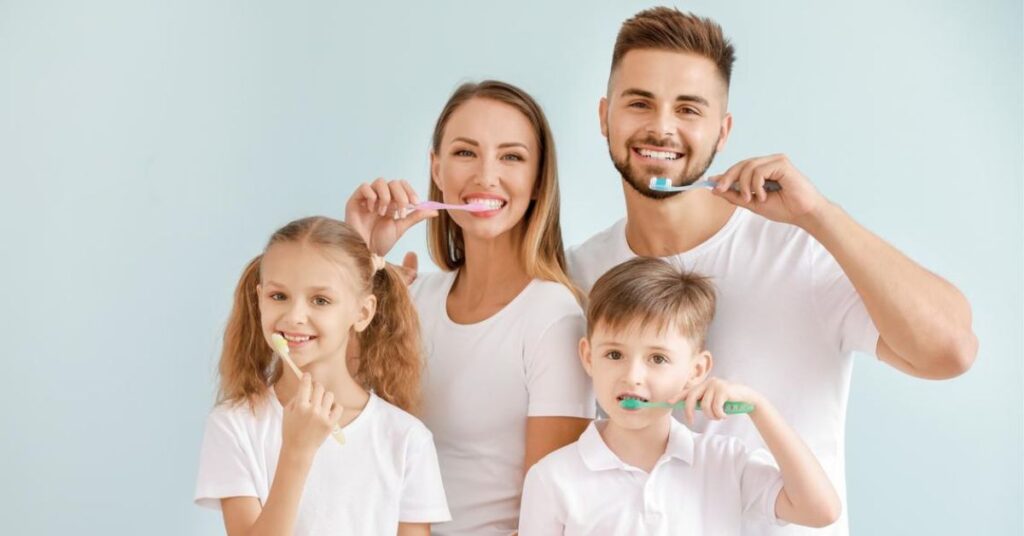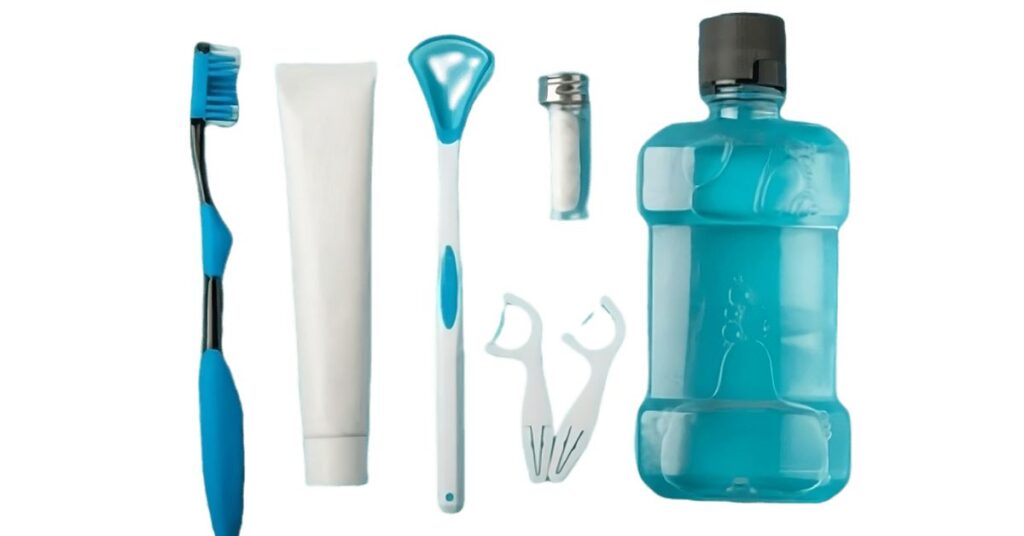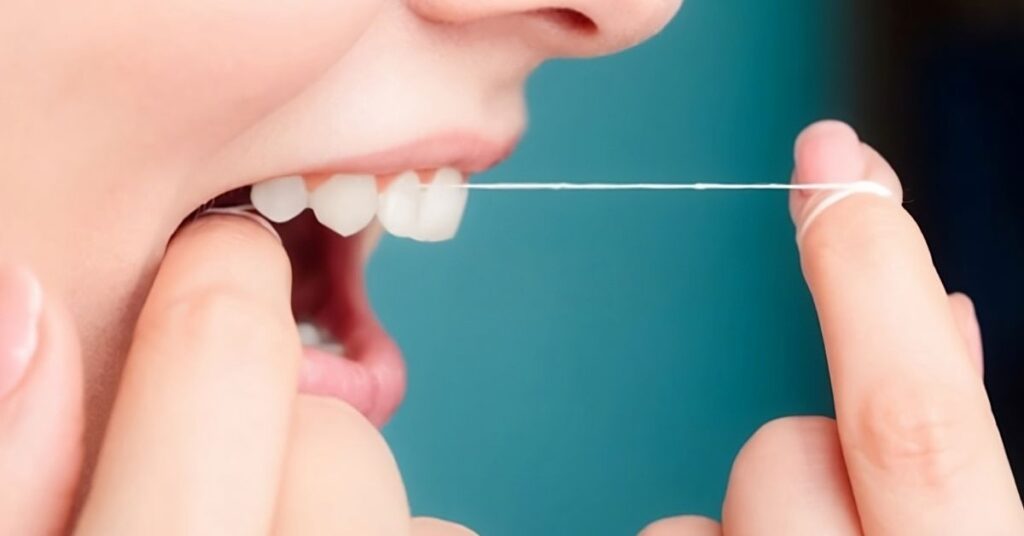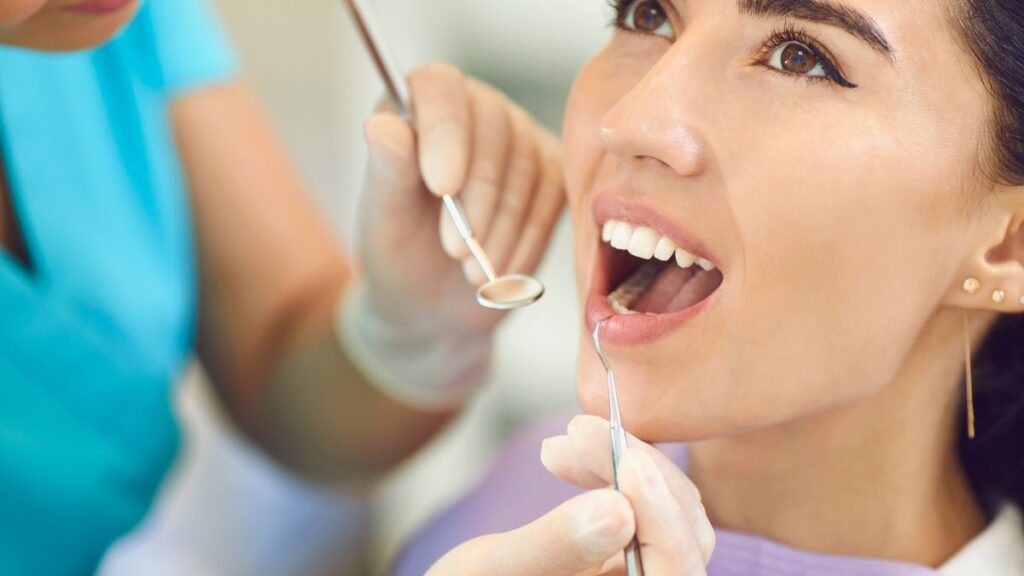
- Understanding the Importance of Oral Hygiene
- The Basics of Oral Hygiene
- Selecting the Right Toothbrush
- Understanding Toothpaste Options
- The Role of Mouthwash
- The Two-Minute Brushing Rule
- Brushing for Different Age Groups
- The Importance of Flossing
- Exploring Interdental Cleaning Tools
- Tongue Cleaning
- Importance of a Balanced Diet
- Overbrushing and Aggressive Techniques
- Ignoring the Importance of Regular Dental Check-ups
Understanding the Importance of Oral Hygiene
Good oral hygiene is vital for maintaining overall health and well-being. The condition of our teeth and gums can significantly impact various aspects of our lives, from our ability to eat and speak comfortably to our confidence in our appearance. Moreover, poor oral hygiene can lead to serious dental issues, such as cavities, gum disease, and even tooth loss. Therefore, it is essential to prioritize oral hygiene and develop a consistent at-home oral care routine to complement regular dental visits.
The Basics of Oral Hygiene
Maintaining good oral hygiene starts with establishing daily oral care habits. Regular brushing and flossing are the cornerstones of an effective oral care routine. Brushing removes plaque, a sticky film of bacteria that accumulates on teeth, while flossing helps clean the spaces between teeth where a toothbrush cannot reach. Additionally, interdental cleaning and tongue cleaning are other crucial practices that contribute to overall oral health.
Choosing the Right Oral Care Products

Selecting the Right Toothbrush
Choosing the right toothbrush is essential for effective plaque removal and gum health. When selecting a toothbrush, consider factors such as the size of the brush head, the type of bristles (soft, medium, or hard), and whether a manual or electric toothbrush suits your needs. Soft-bristled toothbrushes are generally recommended by dentists as they are gentle on teeth and gums.
Understanding Toothpaste Options
There are various types of toothpaste available, each designed to address specific oral health needs. For example, toothpaste with fluoride helps prevent cavities by strengthening tooth enamel. There are also toothpaste options for sensitive teeth, whitening, and those with natural ingredients for individuals seeking more organic alternatives.
The Role of Mouthwash
Mouthwash can be a beneficial addition to an oral care routine. It helps reduce bacteria in the mouth, freshens breath, and provides additional protection against cavities and gum disease. Mouthwashes are available in different formulations, such as antibacterial, fluoride-infused, and alcohol-free options. It is essential to choose a mouthwash that aligns with your oral health requirements.
Effective Brushing Techniques

The Two-Minute Brushing Rule
Brushing your teeth for at least two minutes is recommended to ensure thorough cleaning. Divide your mouth into quadrants and spend approximately 30 seconds brushing each section. Using a timer or a toothbrush with a built-in timer can help you track the duration of your brushing sessions and ensure you meet the two-minute goal.
Brushing for Different Age Groups
Oral care needs vary among different age groups. For children, making brushing fun with colorful toothbrushes and flavored toothpaste can encourage good habits. Seniors may face challenges such as reduced dexterity, making it essential to use adaptive aids for effective brushing. Those with braces or dental appliances need to pay extra attention to cleaning around the brackets and wires.
The Art of Flossing and Interdental Cleaning

The Importance of Flossing
Flossing is a critical step in oral care as it removes plaque and food particles from areas between teeth that brushing alone cannot reach. Flossing helps prevent gum disease and cavities between teeth, reducing the risk of more extensive dental problems. Dentists recommend flossing at least once a day, preferably before brushing.
Exploring Interdental Cleaning Tools
In addition to traditional floss, there are interdental cleaning tools available, such as dental picks and interdental brushes. These tools can be helpful for individuals who find flossing challenging or prefer alternative options. It is essential to choose the right tool based on the size of the gaps between your teeth and your dentist’s recommendations.
Additional Home Care Practices
Tongue Cleaning
Cleaning the tongue is an often overlooked but crucial part of oral hygiene. The tongue harbors bacteria that can cause bad breath and contribute to the formation of plaque. Tongue scrapers or toothbrushes with a tongue cleaner can effectively remove these bacteria, promoting fresher breath and better oral health.
Importance of a Balanced Diet
Nutrition plays a significant role in oral health. A balanced diet rich in vitamins, minerals, and nutrients supports healthy teeth and gums. Foods high in sugar and starch can lead to the formation of acids that attack tooth enamel, increasing the risk of cavities. Incorporating teeth-friendly foods, such as fruits, vegetables, and dairy products, can help maintain oral health.
Avoiding Common Oral Care Mistakes
Overbrushing and Aggressive Techniques
Brushing too vigorously or using a toothbrush with hard bristles can damage tooth enamel and irritate the gums. Overbrushing can lead to tooth sensitivity and gum recession. It is essential to use gentle, circular motions and a soft-bristled toothbrush to protect your teeth and gums while effectively removing plaque.
Ignoring the Importance of Regular Dental Check-ups
Home oral care is essential, but it is not a substitute for professional dental care. Regular dental check-ups and cleanings are crucial for detecting dental issues early, receiving professional cleanings, and addressing any concerns promptly. Ignoring regular dental visits can lead to undetected problems that may worsen over time.
Conclusion
Maintaining good oral hygiene at home is the foundation of a healthy smile and overall well-being. By understanding the importance of daily oral care, choosing the right oral care products, and adopting effective brushing and flossing techniques, individuals can promote optimal oral health. Additional practices such as tongue cleaning and a balanced diet further contribute to a healthy mouth. Avoiding common oral care mistakes and prioritizing regular dental check-ups complete a comprehensive oral care routine. By following these guidelines and embracing the KISS writing framework, everyone can achieve a confident and healthy smile.
For expert advice and personalized care, visit Sri Sanjeevini Dental to ensure your oral hygiene is top-notch.


